
Dr. Seth Frey is a computational social scientist and cognitive scientist who studies commons governance, collective action, and other complex social phenomena. He specializes in using online communities as model systems for emergent institutional and organizational phenomena. His expertise is in computational approaches to self-governance and the cognitive science of collective behavior.
He is an associate professor in Communication at the University of California Davis, an affiliate of the Ostrom Workshop at Indiana University, and a Research Director at Metagov. He was a behavioral economist at Disney Research in Walt Disney Imagineering, and a complex systems scholar at NECSI. Seth holds a Ph.D. in Cognitive Science and Informatics (complex systems) from Indiana University and a B.A. in Cognitive Science from UC Berkeley.
Seth’s research has appeared in PNAS, Nature Scientific Reports, and Proceedings of the Royal Society. It has been covered in The New Yorker, New York Times Magazine, and TEDx. It has been funded by the NSF, NASA, and the Ford Foundation.
- Publications (Scholar)
- CV (PDF)
- contact (email)
- professional: the eight letters of Seth’s name at ucdavis.edu.
- personal: moctodliamg at the same thing backward.
Computational approaches to institutional analysis
… and, eventually, the science of helping them craft themselves.
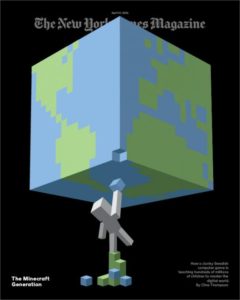
What is even harder than preventing the Tragedy of the Commons? Preventing the Tragedy of the Commons in a population of cognitively immature and totally anonymous users. That is how a online communities can advance our understanding of human cooperation and self-governance. Many online communities are owned and operated by the users themselves. These amateur administrators must overcome a bundle of collective action problems, including fostering activity, building trust, managing vandals, and paying for bandwidth. By evaluating the governance decisions of tens of thousands of such communities, we can develop a better understanding of effective social and institutional design. We can also support a generation of young people who are making themselves conversant in the art of designing healthy societies.

A science of self-governance will use policies as data. Why aren’t policies data? Recent advances in the institutional grammar framework are making it possible to extract an institutions structure from its written policies via NLP. Work with Saba Siddiki and many others.
- The Computational Institutional Science Lab
- The Institutional Grammar Research Initiative
- Machine coding of policy texts in Public Administration, with Saba Siddiki and others.
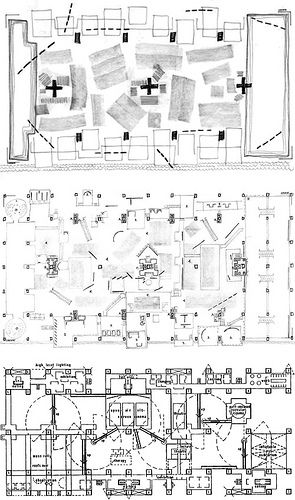
How do we design participation into social systems? With guidance from thinkers like Vincent and Elinor Ostrom we get a clearer view into what goes wrong when you fail to design everyone into change processes. Work includes analyses of Ethereum, Colorado’s cannabis monitoring backend, and the Minecraft server ecosystem.
- “Effective voice: Beyond exit and affect in online communities” in New Media & Society, with Nathan Schneider.
- “This Place Does What It Was Built For”: Designing Digital Institutions for Participatory Change. Work with Brian Keegan and Peaks Krafft. Honorable Mention Award for Best Paper at ACM CSCW 2019
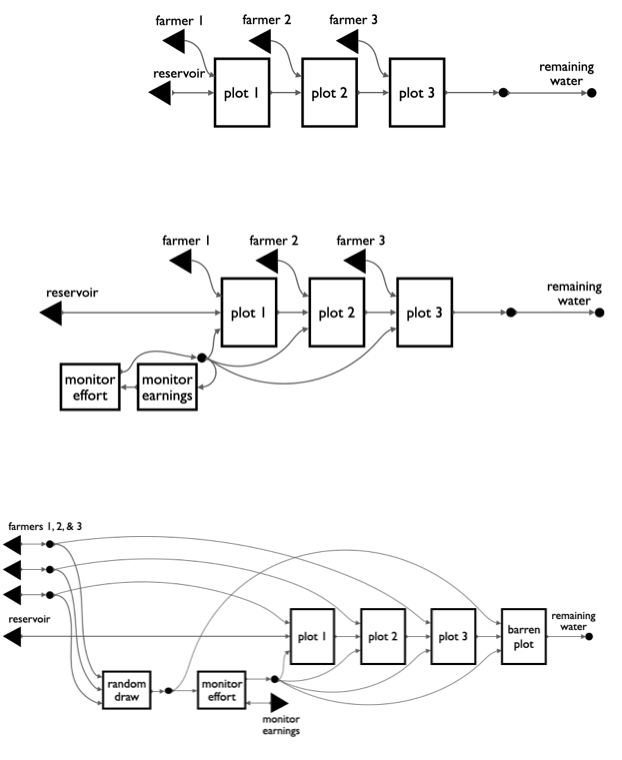
What would a Governance API look like? We propose a computational framework for designing governance systems for online communities. We diverge from current work on governance by thinking bigger than token-based and other “mechanism design” style approaches to focus on the needs of truly and deeply democratic communities.
- Compositional Game Theory, supporting Jules Hedges, Phillip Zahn, and Joshua Tan
- Modular Politics, with Nathan Schneider, Primavera de Filippi, Amy Zhang, and Joshua Tan at CSCW
- The Metagov Project
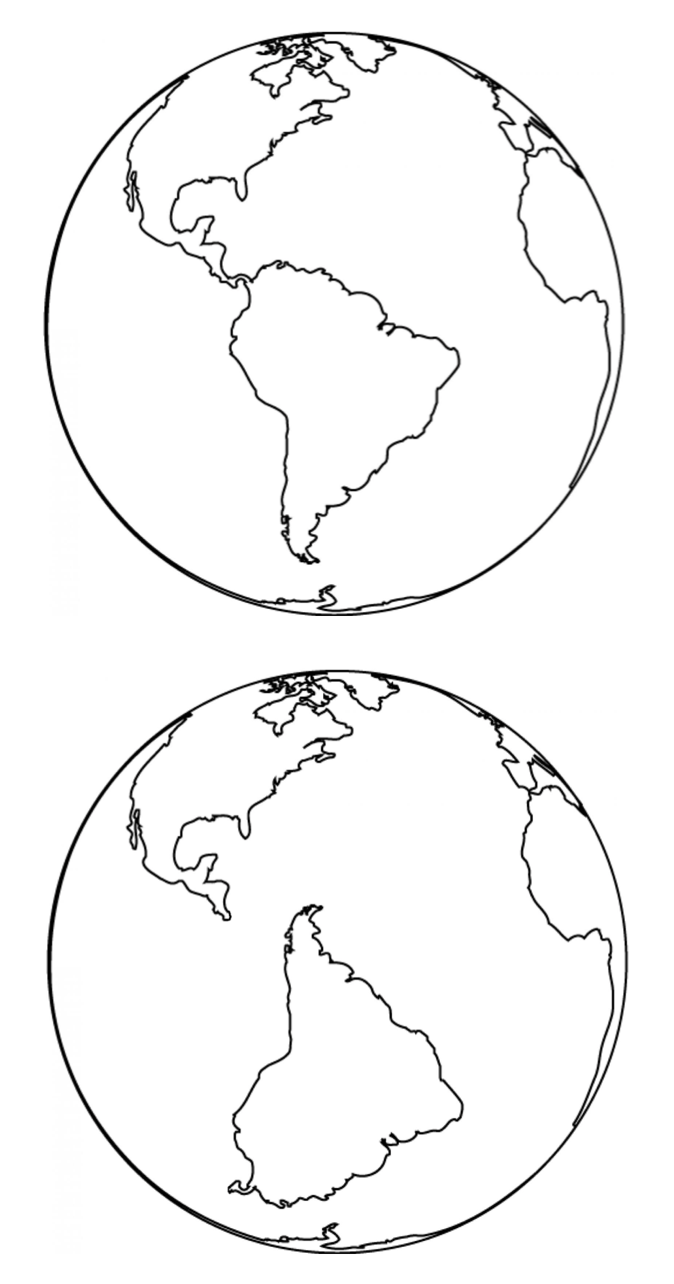
What if you could take the Earth, make millions of copies with small tweaks, and replay history? Answer: History, cultural theory, and even political philosophy would become sciences. And it’s possible today. Disney World is a city of 40,000 people where every citizen gets amnesia once a week. Games, sports, theme parks, wikis, online communities: all of these are human engineered social systems that are easily replicable and offer complete data. They open the door to large-scale quantitative comparative analyses at the unit of analysis of the institution, and will be the main empirical method for the emerging science of self-governance.
- “Org-scale analytics” on Towards Data Science
- See my work on Minecraft, World of Warcraft, Wikipedia, and Club Penguin for examples
- The 2017 Science of Counter Earth Workshop
More projects
Personal
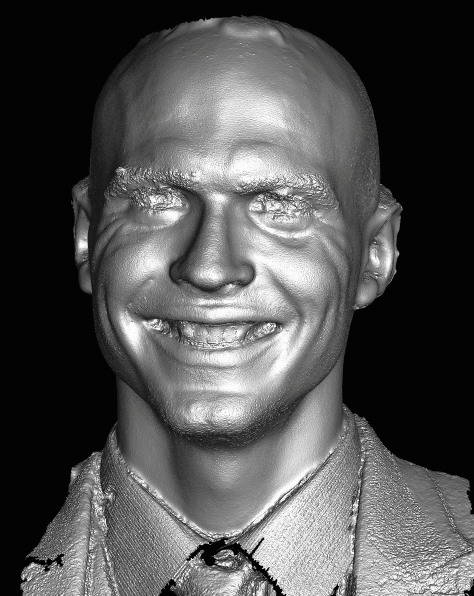
Outside of research I break/repair my bicycle, admire print design, and think about clear communication. I get inspiration from organizational, industrial, and institutional economics; political philosophy; old-school anthropology; animal behavior; statistical physics; and nature writing. I love people’s fascinations (peculiar or not), and fixing things (broken or not).